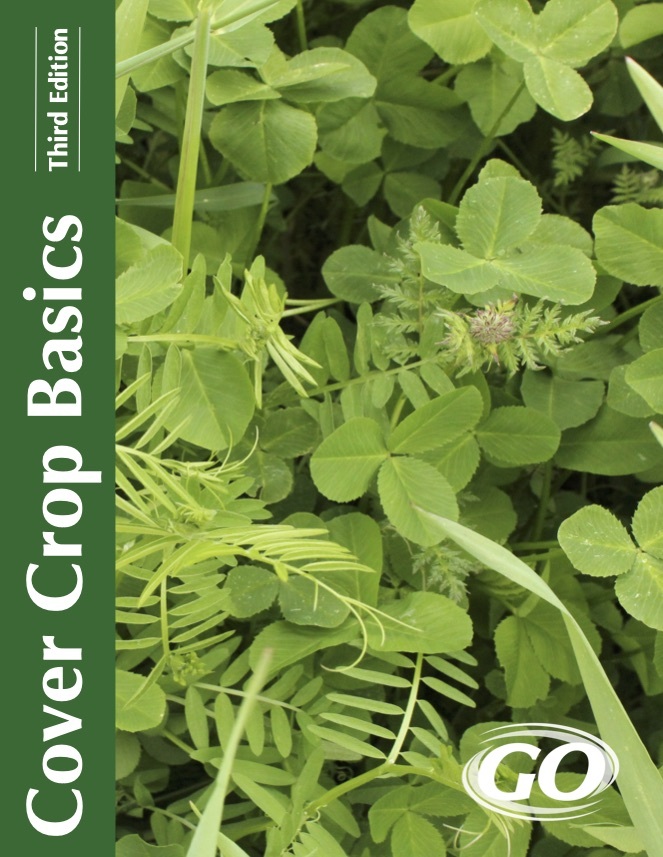The use of plastic mulch film is standard practice in many conventional and organic fresh market vegetable production systems. Key benefits of plastic mulch include temperature moderation, increased moisture retention, reduced nutrient leaching, effective weed suppression in the crop row, and reduced soil splash that can lower incidence of some soil-borne diseases. Soil erosion can be considerably greater in plasticulture systems, where the impervious surface of plastic-covered beds can induce aggressive runoff in the uncovered areas between beds. Growing a cover crop as a living mulch between plastic-mulched beds during cash crop production has the potential to mitigate these soil and nutrient conservation challenges, in addition to providing other services. The objective of this study was to evaluate nine cover crop species from three plant functional groups for their performance as living mulches in organic plasticulture production systems with respect to biomass production, weed suppression, and their potential to compete for in-bed soil moisture and N resources.


